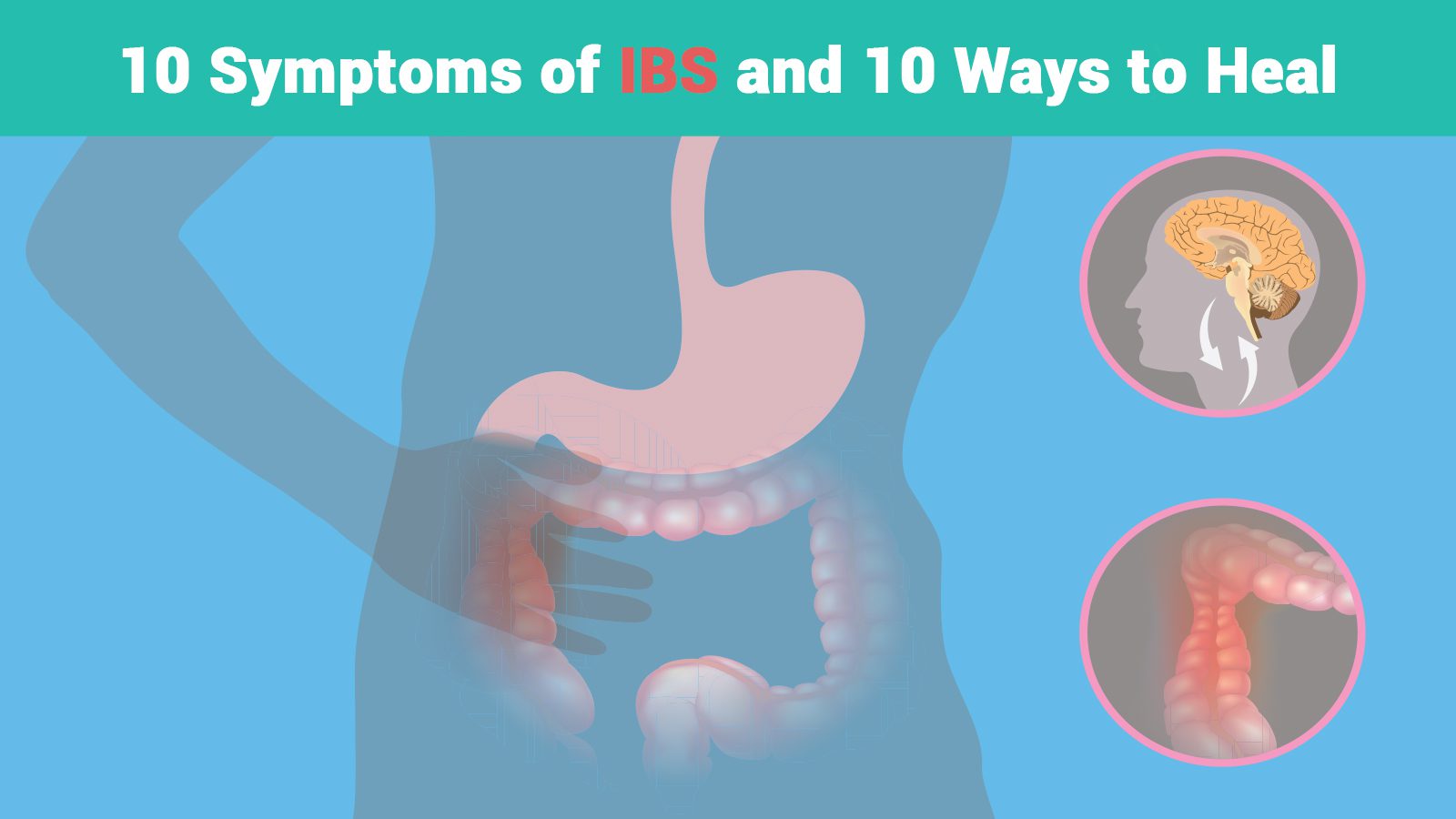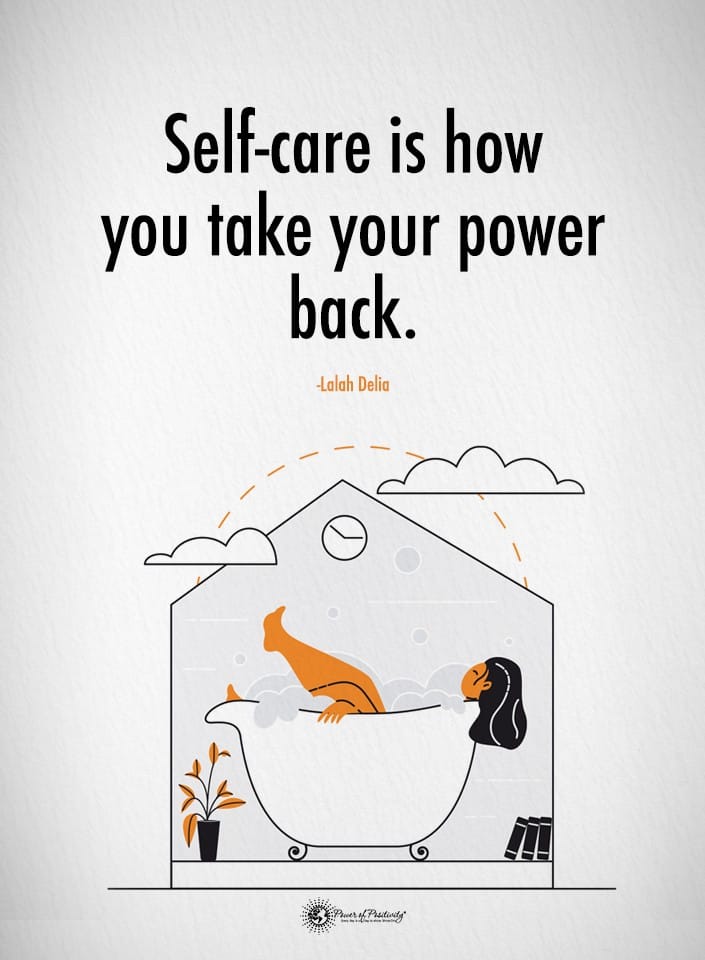Irritable bowel syndrome, or IBS, is a group of symptoms that cause pain in your gut and changes in your bowel movements.
The American College of Gastroenterology estimates that around 10% to 15% of adults in the United States have IBS, and a smaller percentage get an IBS diagnosis. So if you’re having digestive issues, it could be irritable bowel syndrome. This article will provide the ten frequent symptoms of IBS and some suggestions for finding relief.
What is irritable bowel syndrome?
IBS is a disturbance or change to your bowel function. For example, you may have stomach pain or changes to your bowel movements such as constipation, diarrhea, or even both. Depending on your symptoms, doctors refer to IBS using different terms.
- IBS-C-IBS with constipation. It’s poop that is hard and lumpy.
- IBS-D is IBS with diarrhea-lose watery bowel movements.
- IBS-M is IBS mixed bowel symptoms. You can have loose, watery diarrhea and hard, lumpy bowel movements during a single day.
What triggers IBS?
Doctors don’t know what triggers irritable bowel syndrome. It’s most common in your late teens to early forties. Women are twice as likely to get IBS than men. Certain foods trigger your symptoms. You may also notice that stress makes it worse. Researchers think that IBS could be your gut reaction to stress.
You may be at risk for IBS if you have:
- Family members who have irritable bowel syndrome
- Lots of emotional stress or anxiety
- Food intolerances
- A history of sexual or physical abuse
- Digestive tract infection
Ten Frequent Symptoms of IBS
1 – Abdominal pain or cramps
Abdominal pain is frequent when you have irritable bowel syndrome. Your brain and gut work in coordination to control your digestion. Your hormones and nerves cause good bacteria to enter your gut. But with irritable bowel syndrome, the signals get distorted. As a result, the muscles of the digestive system get tense. This imbalance causes pain– usually in your lower abdomen. After you have a bowel movement, you may feel better. But the pain will return over time.
2 – Constipation
IBS causes constipation in some people. Your body experiences disrupted communication between your brain and bowels. This interruption slows down your body’s regular bowel movements. Three bowel movements a week or less are considered constipation. You may have gut pain associated with constipation. Conversely, you may feel incomplete bowel movements–even after you finish.
3 – Diarrhea
Diarrhea is another common symptom of IBS. It affects around one-third of those with irritable bowel syndrome. Adults with IBS-D, on average, can have approximately twelve or more bowel movements a week.
Typically, a person has around six bowel moments a week, which is twice as many. In addition, IBS-D may cause a sudden urge to have a bowel movement. This condition can be stressful and embarrassing when you’re in social situations. If your doctor isn’t sure you have IBS, these symptoms usually clinch the diagnosis.
4 – Gas and bloating
Bloating and gas are uncomfortable symptoms of irritable bowel syndrome. These symptoms are most common for those with IBS-D or mixed types, IBS-M. If you have IBS, there is a good chance your body isn’t absorbing carbs properly into your small intestine. So when they arrive in your large intestine, they break down, causing gas and bloating.
5 – Alternating Constipation and Diarrhea
Some people experience both constipation and diarrhea with irritable bowel syndrome. This occurs with intermittent abdominal pain. Never ignore gut pain. Gut pain may mean you have an infection or something else. IBS-M varies from person to person.
6 – Trouble sleeping
Studies found that half of the people who suffer from IBS have trouble sleeping. In addition, IBS sufferers also reported insomnia or poor sleep. Overall, insufficient sleep is often associated with gut problems.
7 – Food intolerance
Many people with IBS say that certain foods trigger their symptoms. They also say that they eliminated these foods to avoid IBS symptoms. This could be due to food intolerance. Food intolerance is different than an allergy. They are trigger foods that cause changes to your digestion. These foods can cause gas, diarrhea, bloating, or constipation:
- Milk products
- High fructose corn syrup
- Caffeine
- Carbonated drinks
- Sugar-free foods, gums, or drinks
- Gluten: Wheat gluten is a problem for many people with IBS
8 – Depression and anxiety
Irritable bowel syndrome closely connects to anxiety and depression. However, it’s unknown if IBS symptoms happen due to mental stress or whether the stress of having IBS causes people to feel anxious and depressed. Whichever it is, anxiety makes irritable bowel syndrome symptoms worse. Besides that, individuals with IBS experience more significant changes in their cortisol levels. Increased cortisol causes more stress.
9 – Fatigue
Over half of the people with IBS say they experience fatigue. Some say they had lower stamina when doing work, exercise, and social outings. How bad the severity of their fatigue determined their IBS symptoms.One reason that people with IBS experience fatigue is that they have nutritional deficiencies. These can leave you feeling unwell and exhausted. Also, harmful bacteria in your gut metabolize vitamins too quickly, causing you to feel run down and tired. Some vitamins metabolize too fast, including vitamins B12, D, E, and A.
Another theory about why people with IBS feel so tired is that chronic stress is exhausting and could be part of the cause of the fatigue.
10 – Restless leg syndrome
Studies found that restless leg syndrome (RLS) is common in individuals with IBS, especially those with IBS-D. It’s a curious connection between these two conditions,s, but researchers think it could stem from a neurological disorder associated with IBS. Restless leg syndrome is a condition that causes an uncomfortable urge to move your legs. These symptoms show up when you’re resting or sitting, disrupting your sleep ability, especially at night. Moving your legs relieves the urge, but you feel like you need to move your legs again. RLS affects women more than men, usually found in adults.
10 Ways To Heal IBS
Fortunately, there is hope for those with IBS. There are actions you can do to take to heal your gut. Here are ten ways to heal your IBS.
1 – Dietary changes
Dietary changes are one of the most significant things you can do to get relief from irritable bowel syndrome. Changing what you eat will help reduce your symptoms of diarrhea, gas, bloating, and abdominal pain. Here are some fundamental changes that will ease your IBS symptoms.
- Eat more fiber. Eat more nuts, vegetables, and fruits.
- Drink lots of water
- Avoid caffeine in coffee, tea, and sodas
- Limit milk products. Lactose intolerance is common for those with IBS.
2 – Eat a low FODMAP diet
FODMAP is fermentable oligosaccharides, disaccharides, monosaccharides, and polyols. These are all sugars that your small intestine doesn’t absorb well. As a result, people may experience digestive problems after eating these types of sugars. When you eat a Low FODMAP diet, you go through three phases.
You stop eating certain foods that are high in FODMAP
Then you slowly reintroduce these foods back into your diet.
If they cause problems again, you know to avoid them or limit how often you eat them.
3 – Exercise
It’s essential to get regular exercise if you have IBS. It helps reduce stress, which could cause some of your IBS symptoms. In addition, exercise can help reduce your bloating and improve your bowel function.
4 – Don’t smoke
Nicotine found in cigarettes increases stomach acid. Extra stomach acid makes your IBS worse. Smoking also increases your risk of damaging your stomach lining and getting ulcers, and the chance of perforating increases.
5 – Lower your stress
Stress is a significant factor in irritable bowel syndrome. Therefore, you must reduce stress with relaxation techniques, deep breathing, or yoga.
6 – Drink herbal teas
Drinking herbal tea may ease your IBS symptoms because they’re associated with relaxation at the physical level. For example, they work by relaxing the abdominal muscles to ease cramps. In addition, regularly consuming tea boosts your fluid intake, improving digestion. Some teas also contain components that relieve stress and anxiety.
The best herbal teas for IBS are the following:
- Mint
- Fennel
- Anise
- Turmeric
- Chamomille
7 – Try therapy
Many people have gotten help through biofeedback, cognitive behavioral therapy, and hypnotherapy. These therapies have proven helpful in controlling symptoms and diminishing their severity. Find a trained therapist who does these types of treatments.
8 – Take probiotics
Probiotics are good live bacteria that are beneficial to your digestive system. They boost your gut microbiome and may help your guy function better. Increasing the good bacteria in your gut has other health advantages, such as these:
- Boost your immune system
- Improve your digestion
- Help alleviate postmenopausal symptoms
- Help reduce diarrhea
- It may help with depression or anxiety
Eat fermented foods like yogurt or kefir for natural probiotics.
9 – Try acupuncture
Acupuncture is a treatment where thin needles are inserted into your skin at strategic places on your body to alleviate pain or help your system heal. Acupuncture helps people with IBS symptoms significantly.
10 – Increase your vitamin D
Vitamin D is essential for good digestive health. One study found that vitamin D deficiency is prevalent in people with IBS. Vitamin D regulates gastro inflammation. Researchers suggest that people with a higher vitamin D level have lower IBD occurrences. You can boost your vitamin D by being exposed to sunlight for at least fifteen to thirty minutes every day. You can also take vitamin D supplements. These are helpful during winter months when they might be less sunshine where you live. Add this vitamin D rich foods to your diet:
- Salmon
- Egg yolks
- Canned tuna
- Sardines
- Shitake mushrooms
Final thoughts on managing your IBS
Irritable bowel disorder symptoms can be disruptive to your life. Gut pain, gas, bloating, and sudden bowel movement urges are embarrassing and interfere with your social life. Getting a proper diagnosis can be difficult, but if you have several of the ten symptoms listed in this article, there’s a good chance you have IBS. However, it is possible to get control of your irritable bowel syndrome. You may want to try some of these ten suggestions to heal your gut and find relief.

















 Community
Community

